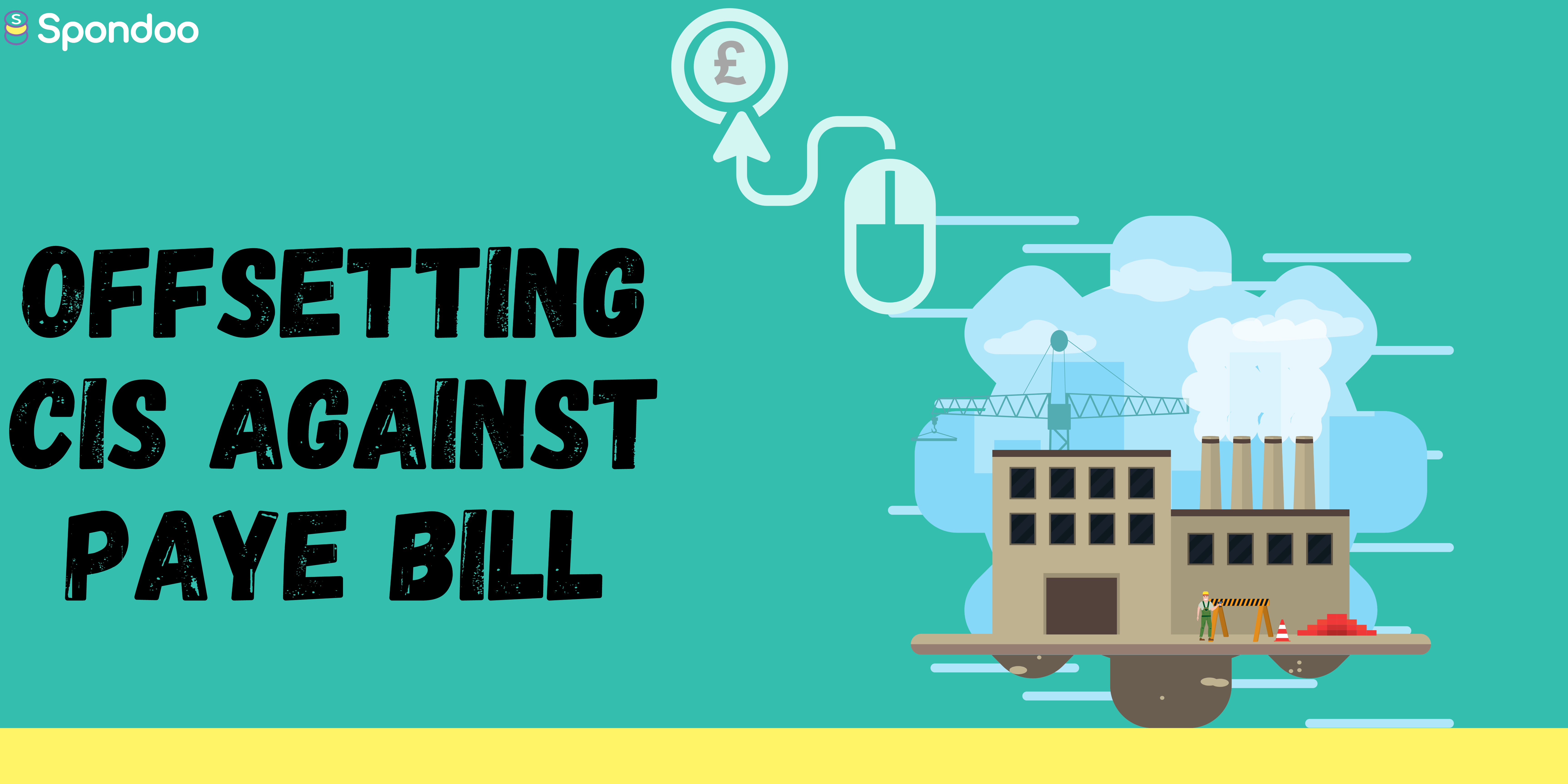
The Construction Industry Scheme (CIS) is a tax deduction scheme that sets out rules on payments and taxes from payments that relate to construction work. Under the CIS scheme, all payments made must take account of the subcontractor's tax status as determined by HMRC.
Contractors deduct tax from self-employed subcontractors when making payment (20% or 30%) unless the subcontractor has a ‘Gross’ status enabling them to get full pay.
CIS tax can be recovered through a PAYE scheme if you have a limited company and offset against:
If the above taxes are below your total CIS liability, further CIS deducted is offset against other taxes owed, like Corporation Tax. You must have a PAYE scheme in place to recover this, even if you don’t pay any wages.
It is also crucial to remember that the overpaid tax does not automatically flow into the next tax year.
Your contractors (aka your customer in under CIS speak) will give you a monthly statement of what they have paid you and deductions made.. Using this statement you then claim this amount via your PAYE scheme that you operate for yourself and/or your internal employees. The CIS items are either offset against your total PAYE, Student Loan or NIC liabilities.
To action this process you must:
If your company’s PAYE bill for the period is reduced to zero and you still have some CIS deductions you have not been able to claim back, you can then carry them forward to the next month or quarter (in the same tax year). You should also inform HMRC in the EPS that you have nothing to pay.
HMRC may ask you to provide evidence for your CIS deductions or change your claim. If you fail to respond by the deadline, HMRC will correct your claim, and you will not be able to make any more claims in that tax year. However, you can still appeal HMRC’s decision.
Your company must keep a record of amounts claimed back against your monthly or quarterly PAYE bill. You can use form CIS132 to do this or keep your own records.
If you want to claim but have not received all the CIS statements you need from your contractor; you can ask them to send you replacement copies. However, if the contractor has stopped trading, you should write to HMRC and include the following information:
Send it to:
NIC and EO
HM Revenue and Customs
BX9 1BX
Should your company go into administration, or you liquidate it, write to HMRC to ask for CIS deductions to be repaid straight away.
NIC and EO
HM Revenue and Customs
BX9 1BX
